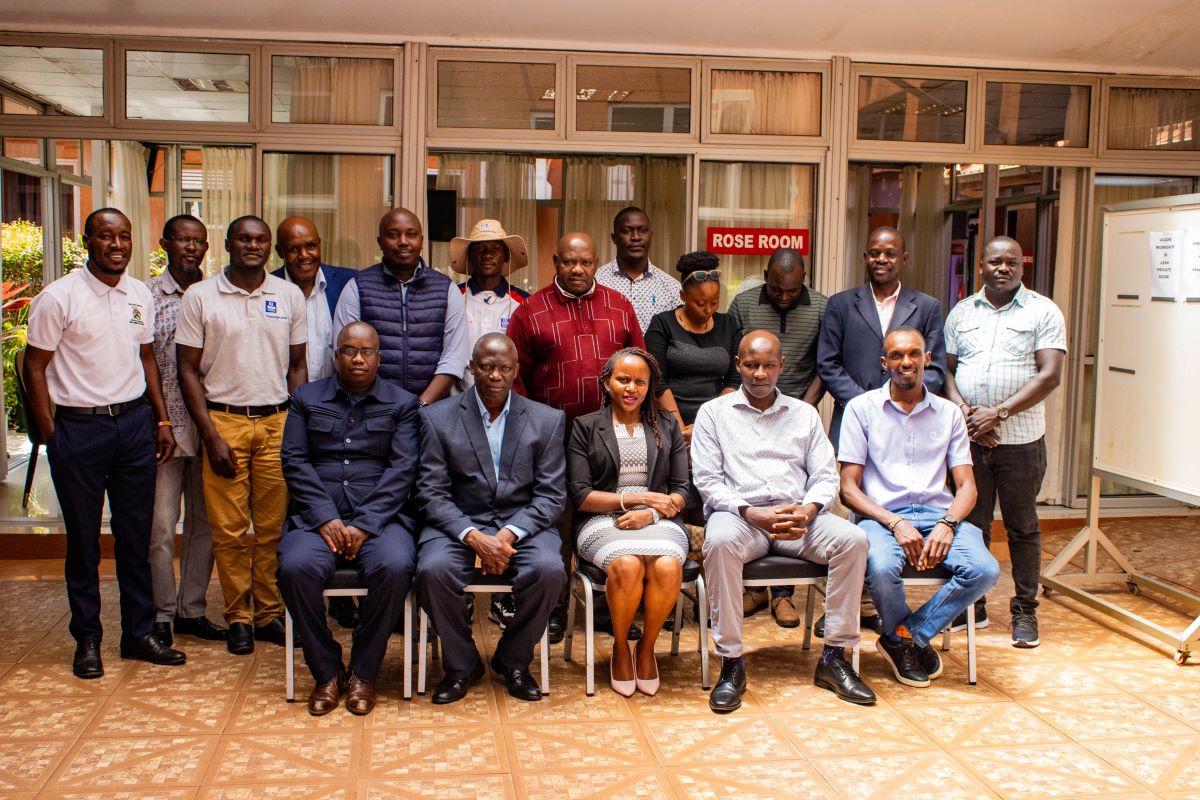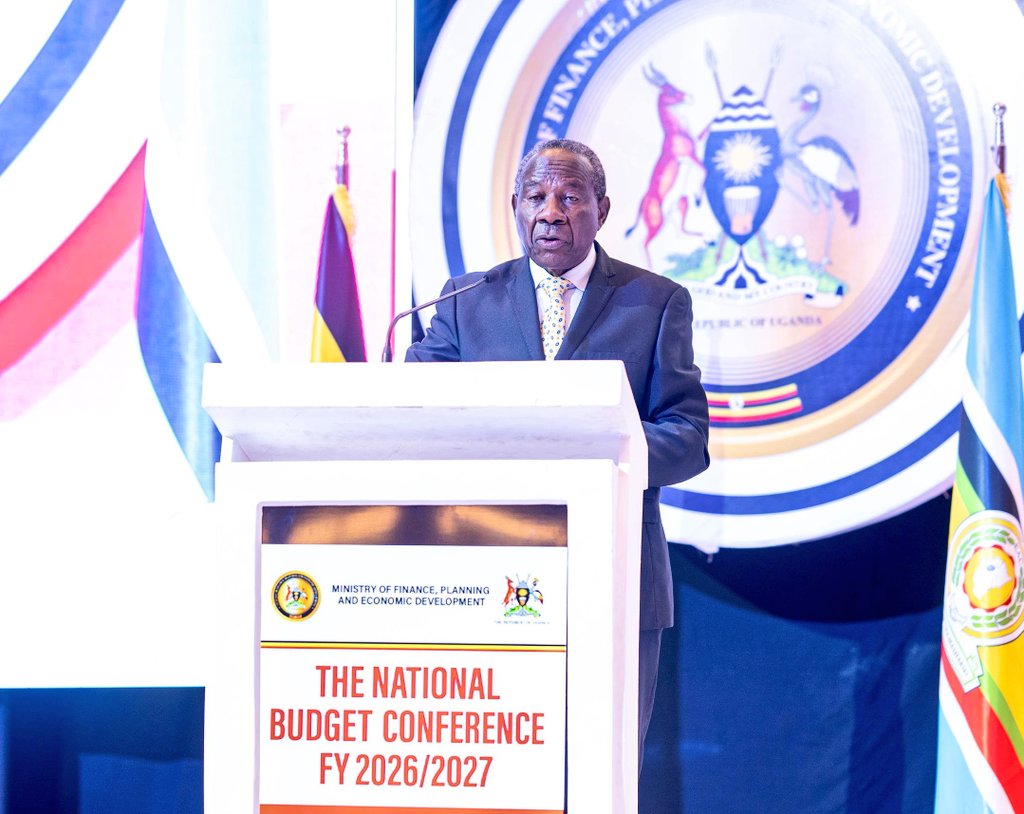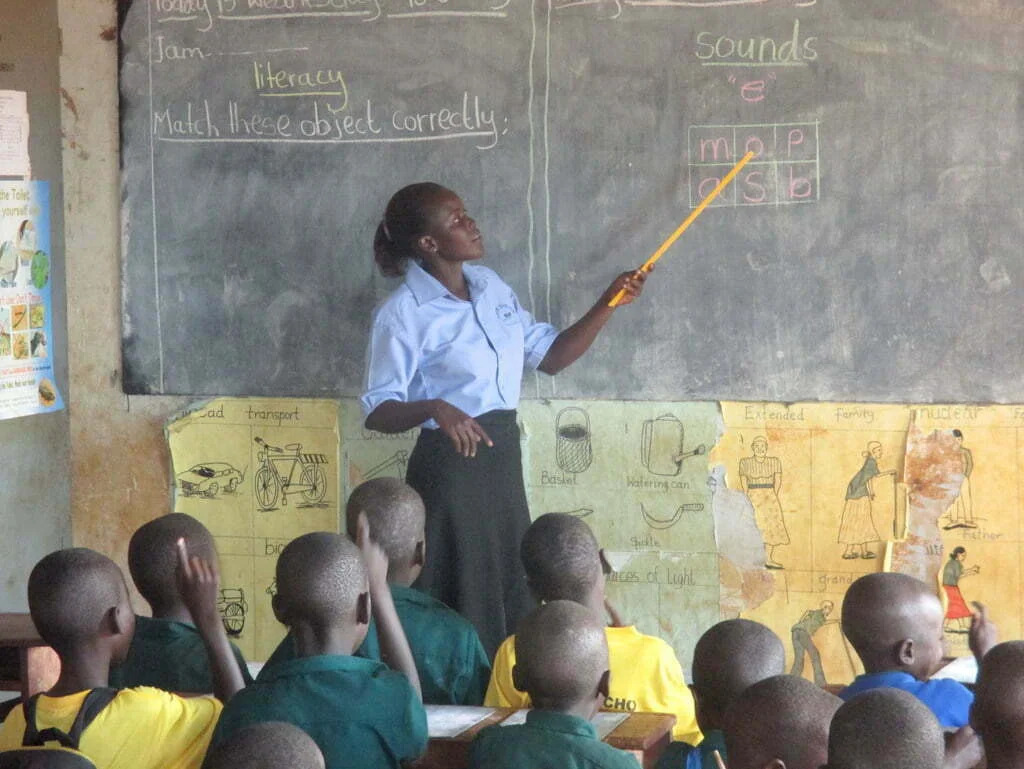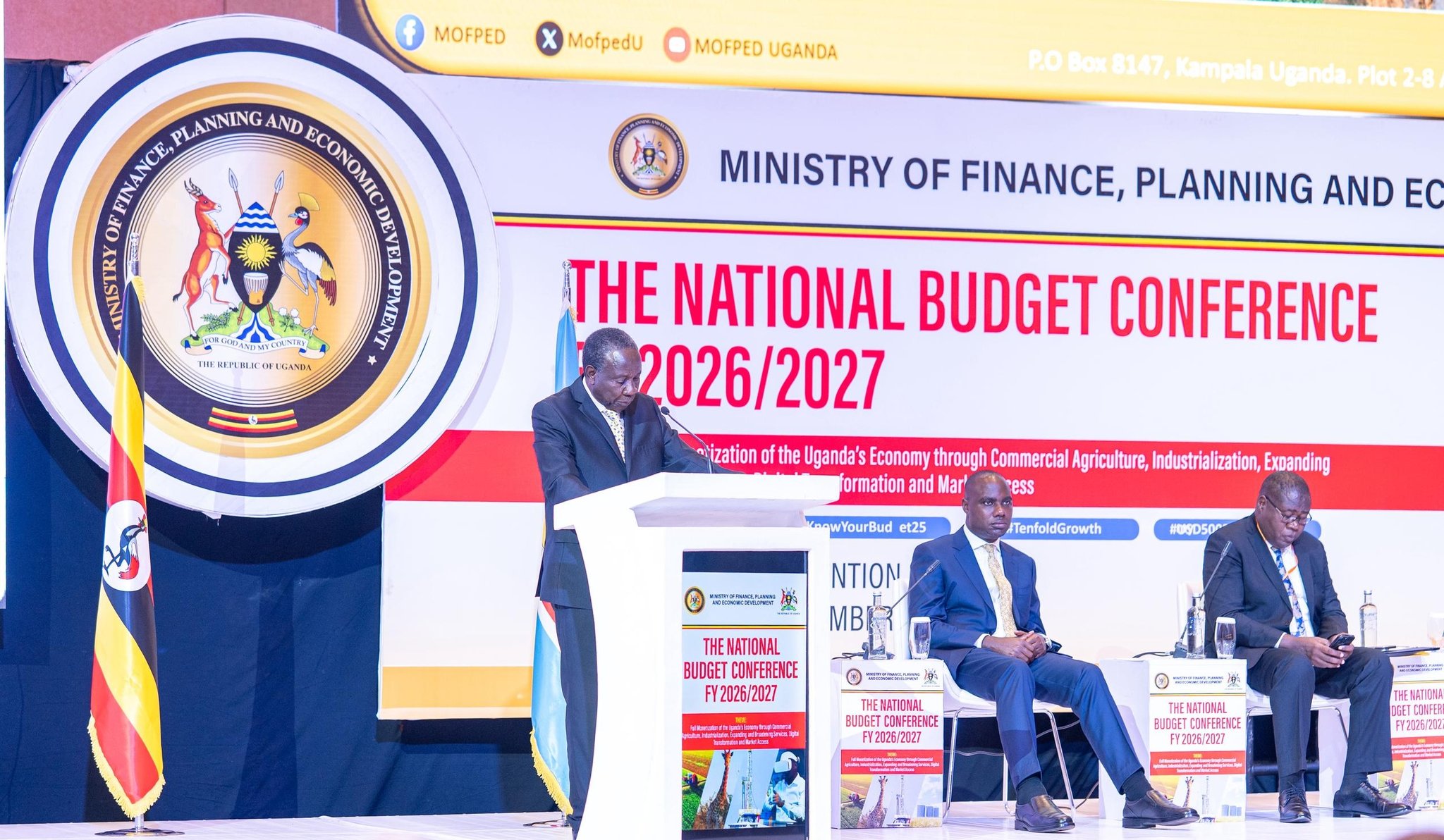Yara Partners with Uganda’s Ministry of Agriculture to strengthen agricultural standards
Yara’s training program focused on critical areas such as safeguarding farmers from counterfeit fertilizers, enhancing understanding of regulatory requirements, and supporting sustainable agricultural practices for a resilient food system in Uganda.

Yara East Africa today held a pivotal training session at Eureka Hotel, Kampala, aimed at enhancing the expertise of government fertilizer inspectors from Uganda’s Ministry of Agriculture, Animal Industry and Fisheries (MAAIF).
This initiative is part of Yara’s ambitious commitment to lead a transformation toward a climate-neutral, regenerative, and prosperous food system by providing officials with in-depth knowledge of Yara’s regenerative agriculture solutions and empowering them to oversee quality standards within Uganda’s agricultural inputs market.
Yara’s training program focused on critical areas such as safeguarding farmers from counterfeit fertilizers, enhancing understanding of regulatory requirements, and supporting sustainable agricultural practices for a resilient food system in Uganda. This collaborative effort aligns with Yara’s vision of achieving climate neutrality through comprehensive, system-wide partnerships and its mission to grow a nature-positive food future while recognizing the necessity for responsible resource use.
“Today’s engagement represents a meaningful step forward in ensuring that fertilizers reaching farmers across Uganda are safe, reliable, and of high quality,” said William Ng’eno, Country Manager, Yara East Africa. “Our partnership with the Ugandan government allows us to share essential knowledge and work at a national level to maximize agricultural yields. By strengthening quality control, we aim to tackle the growing issue of counterfeit products in the market, a problem that jeopardizes both our brand’s integrity and the livelihood of farmers. Together, we are building a secure and productive agricultural sector for Uganda.”
The training comes at a time when Uganda’s Ministry of Agriculture is pursuing a bold vision to establish a competitive, profitable, and sustainable agricultural sector. According to Alex Otut, Senior Agriculture Inspector for Fertilizer Testing at MAAIF, “Building competitiveness locally is now our focus, and developing skilled, competent workers is a key part of this effort—today’s engagement with Yara has been instrumental in this regard. Our colleagues are now equipped to speak with expertise on fertilizers, which reinforces our goal of ensuring sustainable agriculture.”
John Mwanja, Assistant Commissioner for Agrochemicals, Crop Inspection, and Certification at MAAIF, echoed this sentiment, noting, “At MAAIF, we regulate the quality of agricultural inputs, including fertilizers, ensuring Ugandan farmers have access to high-standard products. Our laboratory testing capabilities enable us to monitor and verify market standards, and we commend Yara for consistently meeting these high benchmarks. Our partnership will help ensure farmers have the knowledge they need to apply fertilizers correctly, empowering them to make the most of these inputs.”
With a strong local presence, Yara Uganda works alongside farmers, distributors, and stockists to close the knowledge gap among farmers. “One major challenge we encounter is the knowledge gap, which we’re addressing by deploying dedicated teams and establishing around 100 demonstration farms across the country. These sites allow farmers to see our products in action, experiencing the impact of new techniques and innovations firsthand,” explained John Rotich, Commercial Manager of Yara Uganda.
Yara remains a critical player in Uganda’s agricultural landscape, supplying around 30,000 metric tons of fertilizers annually, primarily for crops like maize, coffee, horticulture, and sugarcane. Through a robust network of 65 national distributors and 650 stockists, Yara ensures high-quality fertilizers are available to farmers, even in remote areas.
As Yara strengthens its collaborations, it continues to prioritize safe and reliable fertilizer solutions, bolstering Uganda’s agricultural sector through capacity building, quality control, and support for sustainable, climate-friendly farming practices.







